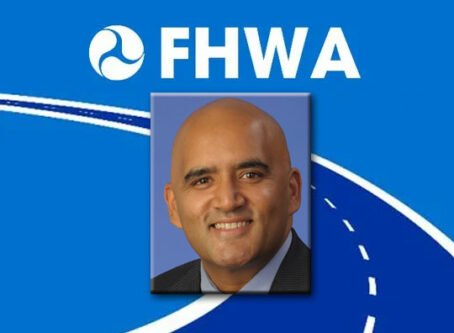Werner must face class action wage lawsuit filed by trainees
A Nebraska federal court has denied Werner Enterprises’ bid to dismiss another wage lawsuit that claims it underpaid driver trainees.
Earlier in June, Judge Brian Buescher of the U.S. District Court in Nebraska struck down Omaha, Neb.-based Werner’s motion to dismiss a class action lawsuit. In November, former trainee Cynthia Rogers filed the complaint, alleging the company violated both federal and state wage laws.
Rogers began her trucking career by enrolling in Drivers Management’s training school, which is owned by Werner. Typical of over-the-road trucking, trainees would essentially live in their trucks for a week at a time while trading off driving duties with their instructors. According to the complaint, trainees are “to be responsible for their assigned tractor-trailer ‘rigs’ and the contents therein on a 24-hour basis.”
Plaintiffs argue that the only part of the 24 hours that is not compensable is the eight-hour rest period. Therefore, Werner was responsible for paying drivers for the remaining 16 hours, which it did not. However, since drivers were not allowed to “engage in private and personal pursuits of their own” during the eight-hour rest period, the lawsuit argues Werner is required to pay them for the full 24 hours of any given day out on the road.
If this sounds familiar, that is because Werner faced a similar lawsuit not too long ago.
In June 2020, a federal appeals court overturned a district court’s ruling in Nebraska awarding former Werner trainees nearly $800,000 in unpaid wages. That lawsuit was litigated for nearly a decade.
In its attempt to have Rogers’ case dismissed, Werner argued that her and other trainees in the class action lawsuit are barred from bringing what are essentially the exact same claims. The legal principle of “res judicata” prevents any lawsuit from being heard again if a court has already settled the matter. However, that doctrine applies only to the same parties of the lawsuit. Rogers’ argued the she was not a party to the former lawsuit.
Judge Buescher stated in his order that “it is well settled that for a class action lawsuit for money damages to bind an absent class member, the member ‘must receive notice plus an opportunity to be heard and participate in the litigation.’” Werner does not claim that Rogers was provided with proper notice of the previous trainee class action lawsuit. In fact, Werner acknowledged that Rogers “did not work for Werner until after the judgment was entered.”
Furthermore, even if Rogers was qualified to be a member of the class, she would have had the opportunity to exclude herself to pursue her own lawsuit. For obvious reasons, she did not have that opportunity.
“Given Rogers could have excluded her claims if she had been a member of the (previous) class, it makes little sense to this court that she should be precluded from making her claims now as someone who was not even employed by (Werner) at the time of the (previous) lawsuit.” LL









